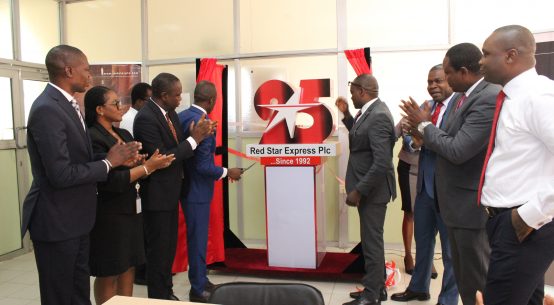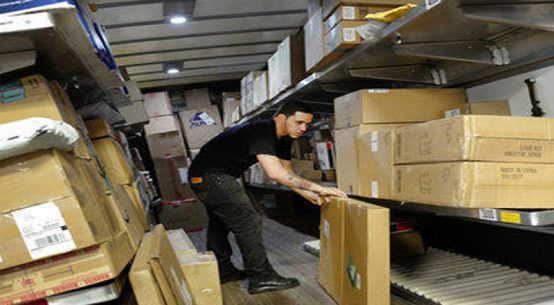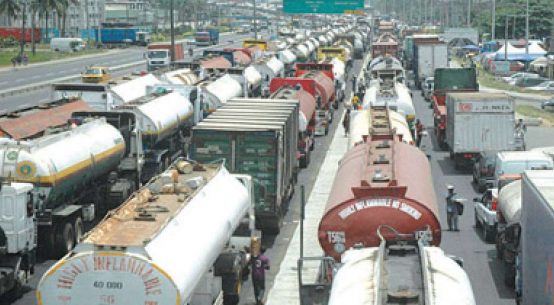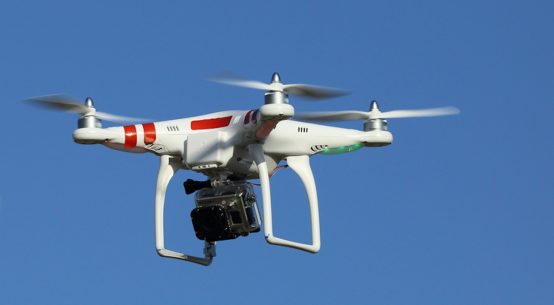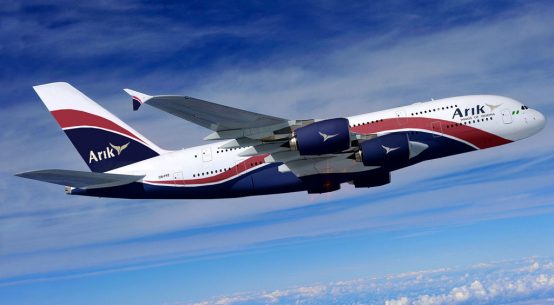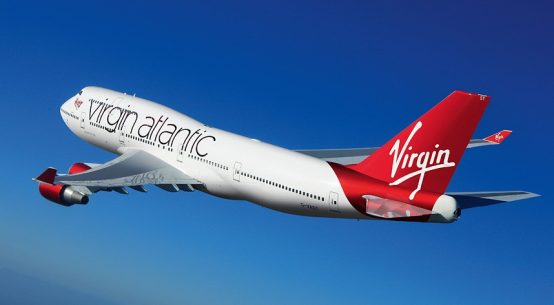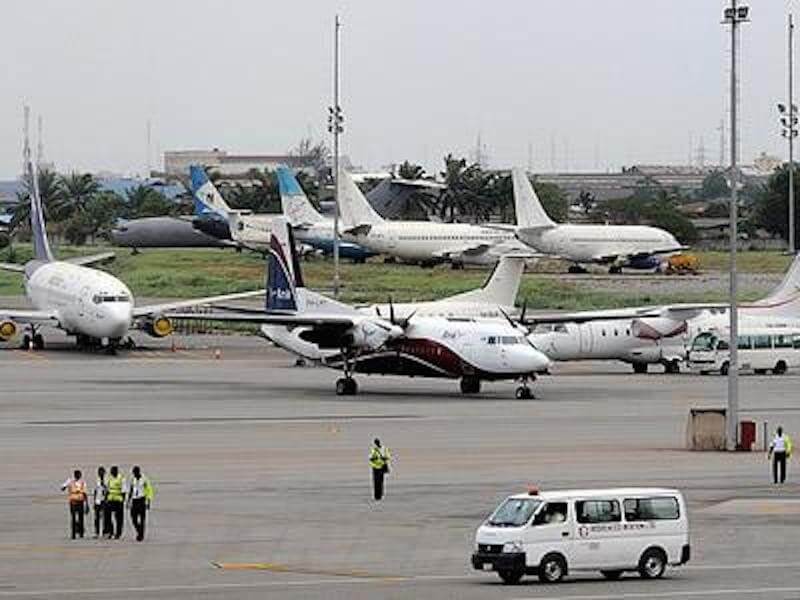
Lagos (Thisday) – Managing Director of Ethiopian Airlines International Operations, Esayas Wolde Mariam Hailu has said that it would be extremely difficult for an airline that maintains its aircraft overseas to operate profitably.
Overseas aircraft maintenance is very costly because in addition to the actual maintenance cost, the airline pays for ferrying of the aircraft, pilots allowances, accommodation, parking charges and in the case of Nigeria, it is done at a huge exchange rate, considering the disparity in the value of the naira and other major currencies of the world.
While Nigerian airlines earn their revenues in the local currency, the cost of maintenance is done in dollars, which is presently N360 per dollar.

Hailu said: “MRO is very important because aviation without MRO is incomplete. This is because the aircraft needs to be maintained, it has A checks between every circle and then B and C checks are there. If we depend for our aircraft checks with other aircraft maintenance facilities and other things, they will be charging us hands and legs and it is not going to be sustainable. So we need to be very careful about being self-sustaining when it comes to maintenance. And as we earlier said safety is paramount so the maintenance needs to be regarded very importantly.
“ So, that is why Ethiopian Airlines maintains its own aircraft, it maintains all aircraft not only for itself but also for Gulf and African carriers. Ethiopian airlines is an aviation group, it is a complete aviation group, it is not just an airline, it has its own maintenance, cargo, domestic network, its own international network, its own catering, and ground handling. So we cater for all airlines operating to Ethiopia,” he said.
THISDAY also spoke with the head of Aero Contractors Authorised Maintenance Organisation (AMO) who is also the Base Manager of Aero Fixed Wing Division, James Ominyi, who said that local maintenance of aircraft up to the level of C-check would save Nigerian airlines huge amount of money.
Ominyi said there are many costs associated with ferrying the aircraft overseas for maintenance, which include overflight permit, depending on which country the airline is going to.
“You need to seek the overflight permit of the country. And then, depending on the distance you have to pay for fuel. But I know it will not be less than $50, 000. You also will have to pay for landing and fueling, which is called technical stop. For example, if you are going to Shannon in Ireland, you will have to go through Spain, land, pay for landing, pay for all the handling charges and then fly from there to Shannon. But if you are doing it here you save all that cost,” Ominyi said.
Ominyi explained that generally MROs could charge $600, 000 for C-check, depending on the scope of work, but noted that at the end of the day, the airline may end up paying up to a one million dollars or more because there could be findings that would be beyond what was captured in the agreement in the C-Check and then the airline would have to pay for it.
He explained further: “When they open the engine and they open the side wall panels they may see cracks that are beyond what is agreed on, which they have to rectify and this will be at extra cost. I have seen a C-Check that had cost up to a million pounds in UK. That is possible because the moment they open up the aircraft, they will see so many things that ought to be done that was not tracked before.”
Domestic carriers have over the year lamented the huge cost of aircraft maintenance, which is done overseas currently, except A and B checks, which are done locally. The operators recently called on the federal government to facilitate the establishment of MRO in Nigeria, as this will scale down the cost of maintenance.




